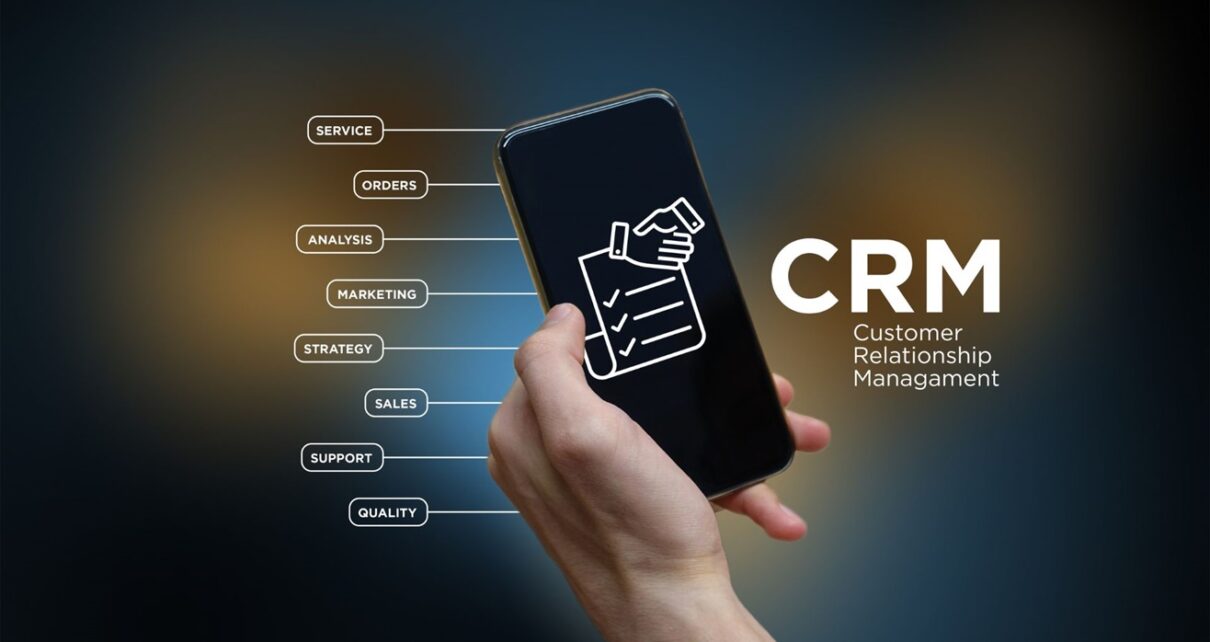Customer Relationship Management (CRM) systems have become an essential tool for healthcare centers to improve patient engagement, streamline processes, and enhance overall operations. To maximize CRM effectiveness, healthcare providers must overcome common implementation challenges. Here are essential strategies to ensure a successful CRM deployment in your healthcare center.
Choose the Right CRM Solution
Before starting the CRM implementation, it’s crucial to select the right CRM solution tailored to the specific needs of healthcare providers. Conduct thorough research and evaluate various options, considering crucial factors such as customization options, ease of use, scalability, and integration capabilities with existing systems. Consulting with healthcare advertising companies can assist in identifying a CRM that effectively advertises and supports your organization.
Develop a Comprehensive Implementation Plan
A well-thought-out implementation plan is key to ensuring a smooth CRM deployment. Begin by identifying project objectives, deadlines, and necessary resources. Involving a cross-functional team of organizational stakeholders – from management to end users – will ensure that the needs of all departments are addressed. This collaborative approach helps establish realistic expectations, promotes acceptance of the new system, and drives effective change management.
Prioritize Data Management and Security
Data management and security are critical aspects of CRM implementation. Ensuring data accuracy and secure transfer of patient information from existing systems to the CRM is essential. Develop a data cleansing and migration strategy, and select a CRM solution that complies with healthcare industry regulations such as HIPAA. Conduct regular data audits and implement stringent cybersecurity measures to safeguard patient information.
Invest in Training and Support
A successful CRM implementation relies on efficient user adoption. Provide comprehensive training tailored to different user roles and skill levels. Allocate sufficient time for training sessions, refresher courses, and hands-on experience before the full system rollout. Encourage feedback and provide ongoing user support to address challenges and continuously optimize the CRM.
Monitor and Measure Progress
Keep tabs on your CRM’s performance by establishing clear performance indicators and monitoring them regularly. This enables you to measure the system’s impact on patient engagement, staff productivity, and overall organizational improvements. Regularly take stock of your CRM’s performance to identify areas for improvement, ensure that your investment is yielding optimal returns, and achieve sustained long-term success.
Wrapping Up
Implementing a CRM system in a healthcare center can be a complex process with unique challenges. By following these strategies – from selecting the right CRM solution to investing in training and support – healthcare providers can overcome common obstacles and ultimately obtain the full benefits of a CRM system. For guidance on implementing a CRM in a healthcare center, refer to these tips. With careful planning, collaboration, and ongoing support, your healthcare center can enhance patient engagement, streamline operations, and, ultimately, improve patient care. Thank you for reading!


